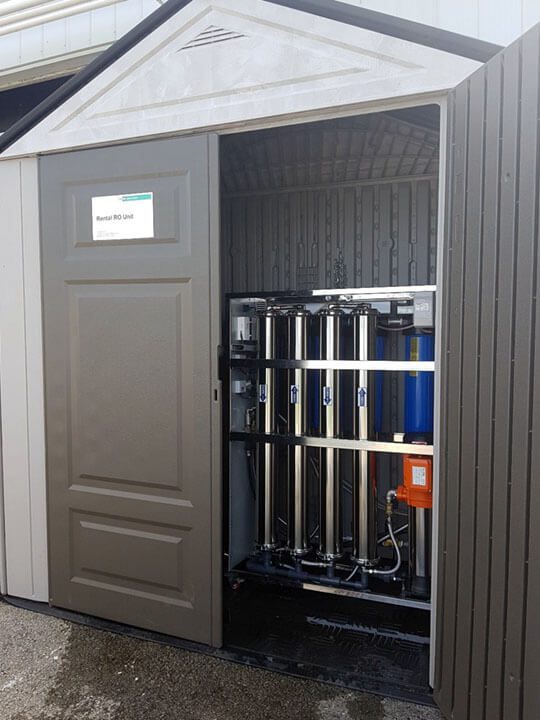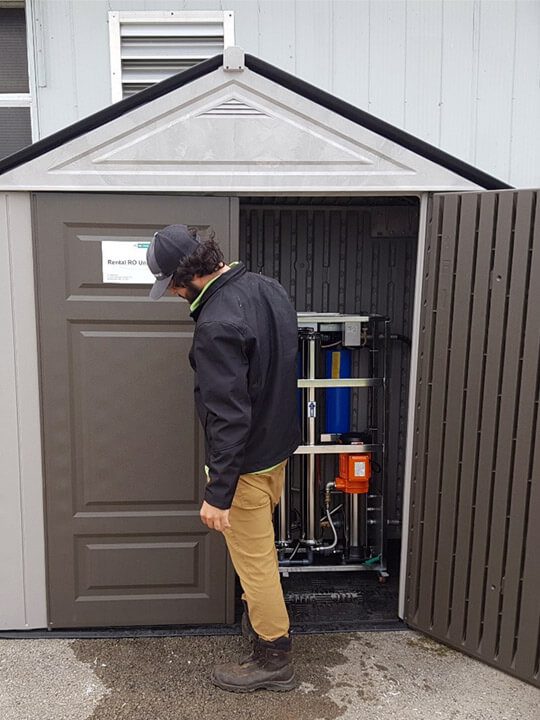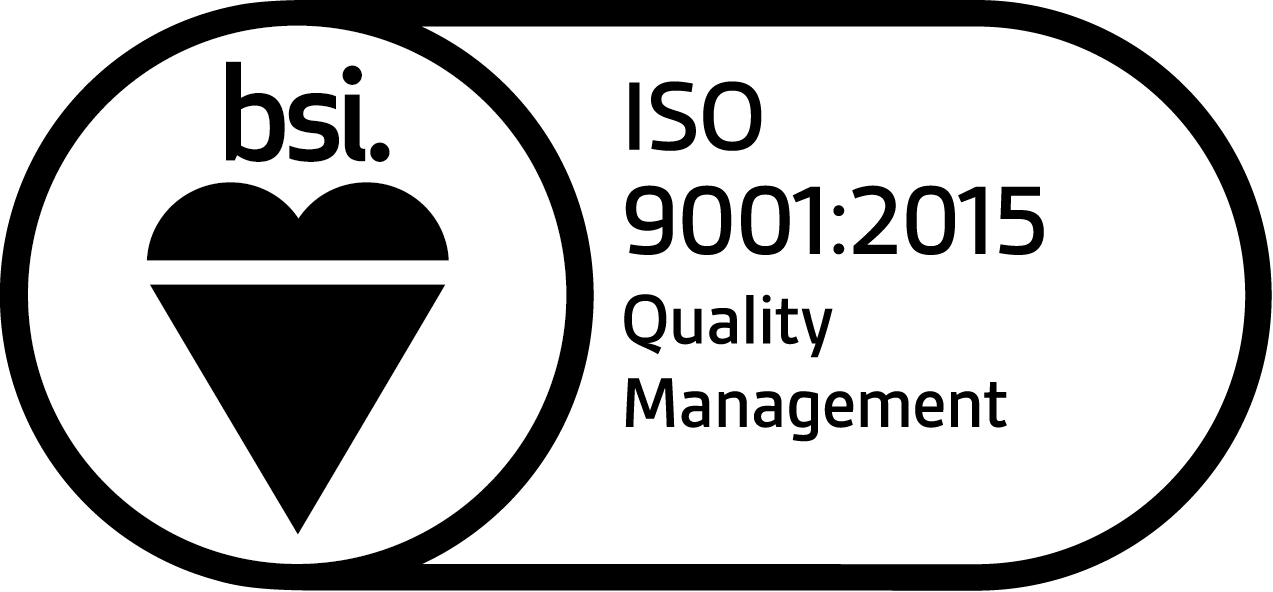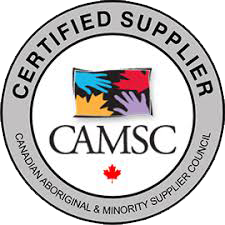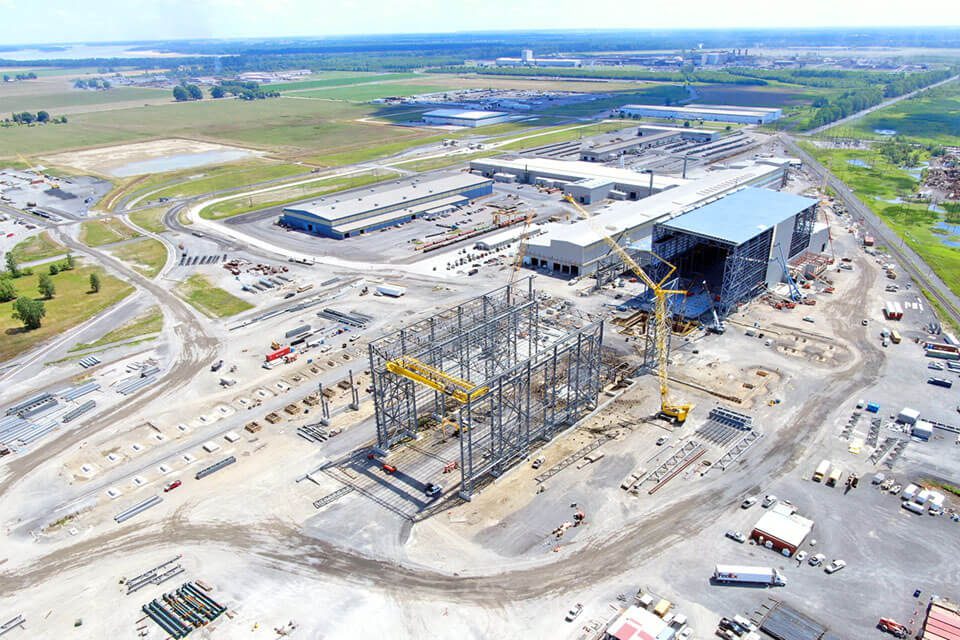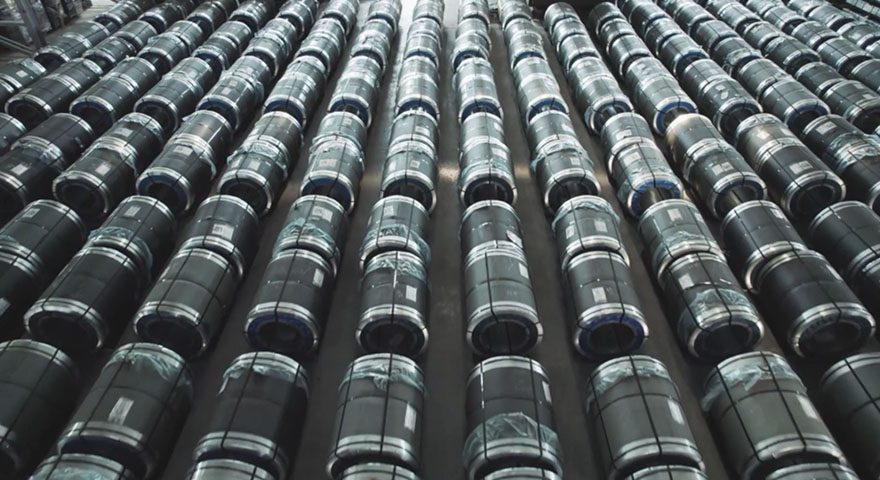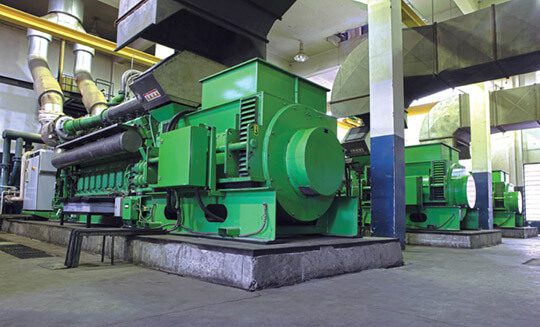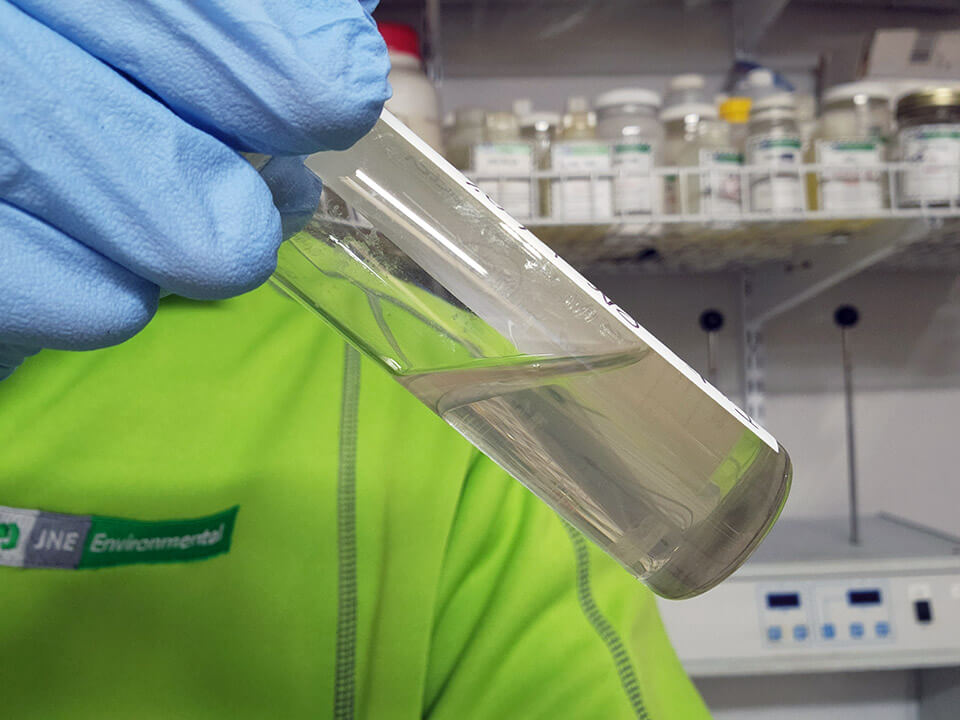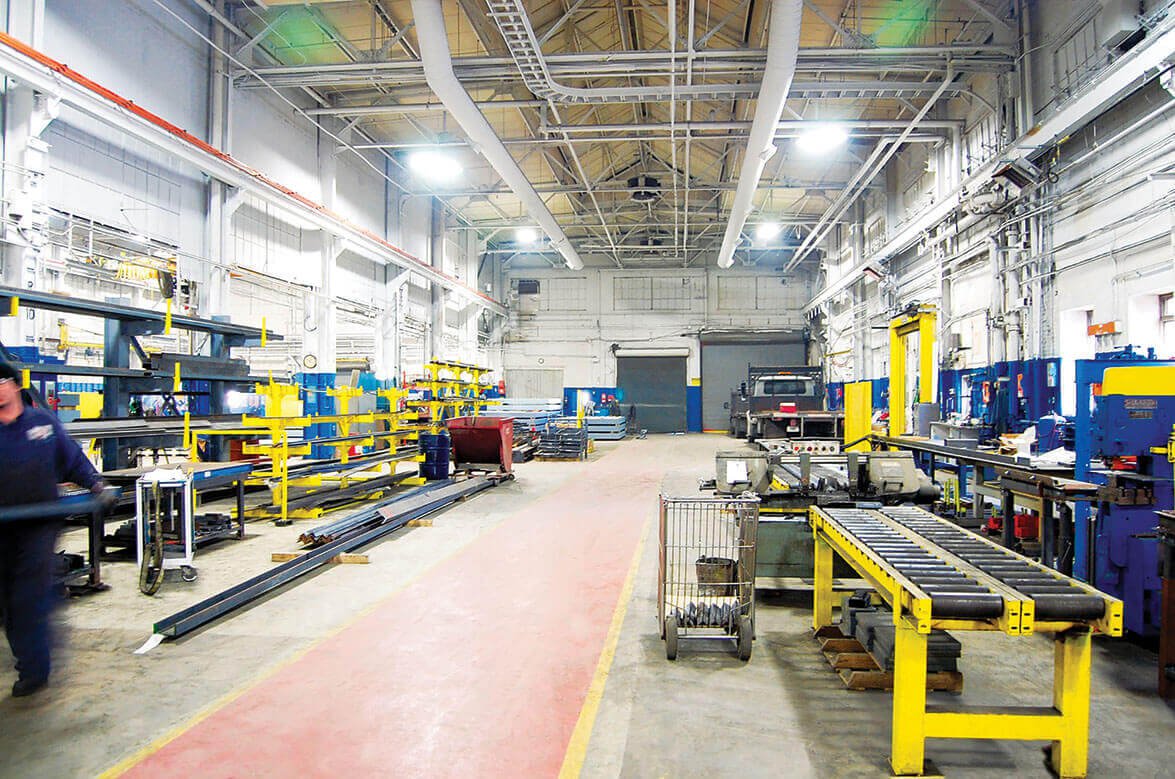JNE’s pilot plant solves excess wastewater problem for greenhouses
JNE’s pilot plant solves excess wastewater problem for greenhouses
By reversing a standard wastewater treatment process, JNE’s pilot plant enables greenhouse grower to safely discharge excess water run-off while recycling and storing nutrient-rich water for production use
Greenhouse growers often collect rainwater and plant runoff in large holding tanks. The water in these tanks is gradually fed back into the crops for months after it has been stored. This practice represents cost savings for the business as they must only pay for city water when there is no reserve water left in the tanks or a body of freshwater is not available.
In some cases, however, growers may run out of holding capacity for rainwater during the Spring and Fall rainy seasons. Because this rainwater and plant run-off contacts rooftops, floors, plants, etc., it often has pollutant levels surpassing provincial limits for discharge to the natural environment. This water may contain trace metals, phosphorus and phosphates, nitrogen and nitrates, ammonia, and some organic compounds. These trace elements are often considered as nutrients in specific cases for plants, but also as pollutants for discharge to the natural environment. Since the excess rainwater and plant runoff cannot be discharged, how is it most effectively handled?
A prominent greenhouse and plant grower from the Niagara Region approached JNE with this rather unique wastewater problem. Their underground water holding tanks were running out of capacity during rainy seasons — they had no alternative use for the extra water and were unable to discharge it anywhere because of its high levels of water-borne nutrients and other pollutants.
JNE’s innovative solution was to use reverse osmosis technology to ‘concentrate’ the nutrient-rich water. We built a full-sized, reverse osmosis (RO) pilot plant to test this idea with the customer.
The testing proved successful — using reverse osmosis membranes, JNE’s pilot plant cleans a portion of the excess water that can then be safely discharged to the natural environment, freeing up additional space within the underground storage tanks.
Full-sized, reverse osmosis (RO) pilot plant.
The process operates as follows:
- Water is drawn from the underground tanks with a powerful, high pressure pump.
- This water goes through pre-filtration and then through reverse osmosis membranes.
- The ‘reject’ water (water that doesn’t make it through the RO filtering membranes), normally considered waste, is fed back to the underground tanks and stored for watering plants at a later time, while the clean ‘permeate’ water can now be discharged as it meets all provincial requirements.
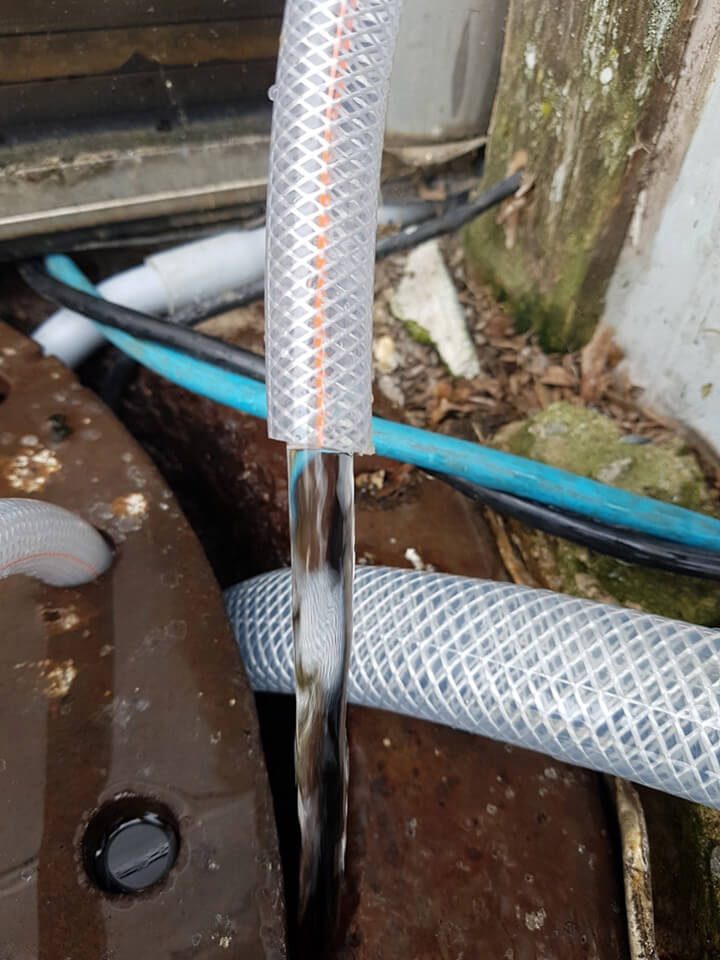
Safe discharge of clean ‘permeate’ water.
This demonstrates a situation where water treatment technologies are used in alternative ways. Normally, RO systems are used to generate clean, potable water for consumption or production use. However, in this case, the opposite is true — a reverse osmosis system is being used to concentrate nutrients into the ‘reject’ stream for production use (i.e. watering the plants), and the clean water is being discharged. Sometimes what one industry considers waste turns out to be a useful product in another.
Do you have a unique wastewater or water treatment problem? Does your problem seem to have no commercial treatment solution? We may be able to help you find a way to achieve sewer by-law compliance using our unique wastewater treatment equipment and technologies. Contact JNE Environmental today!
Connect
Services + Products
JNE Environmental is a full-service wastewater treatment company. We supply and manufacture our own wastewater treatment systems, equipment, products and services for a wide range of industrial clients. Our solutions include system design, manufacturing, and supply treatment of FOG, TSS, BOD/COD, metals, pH, and more.







